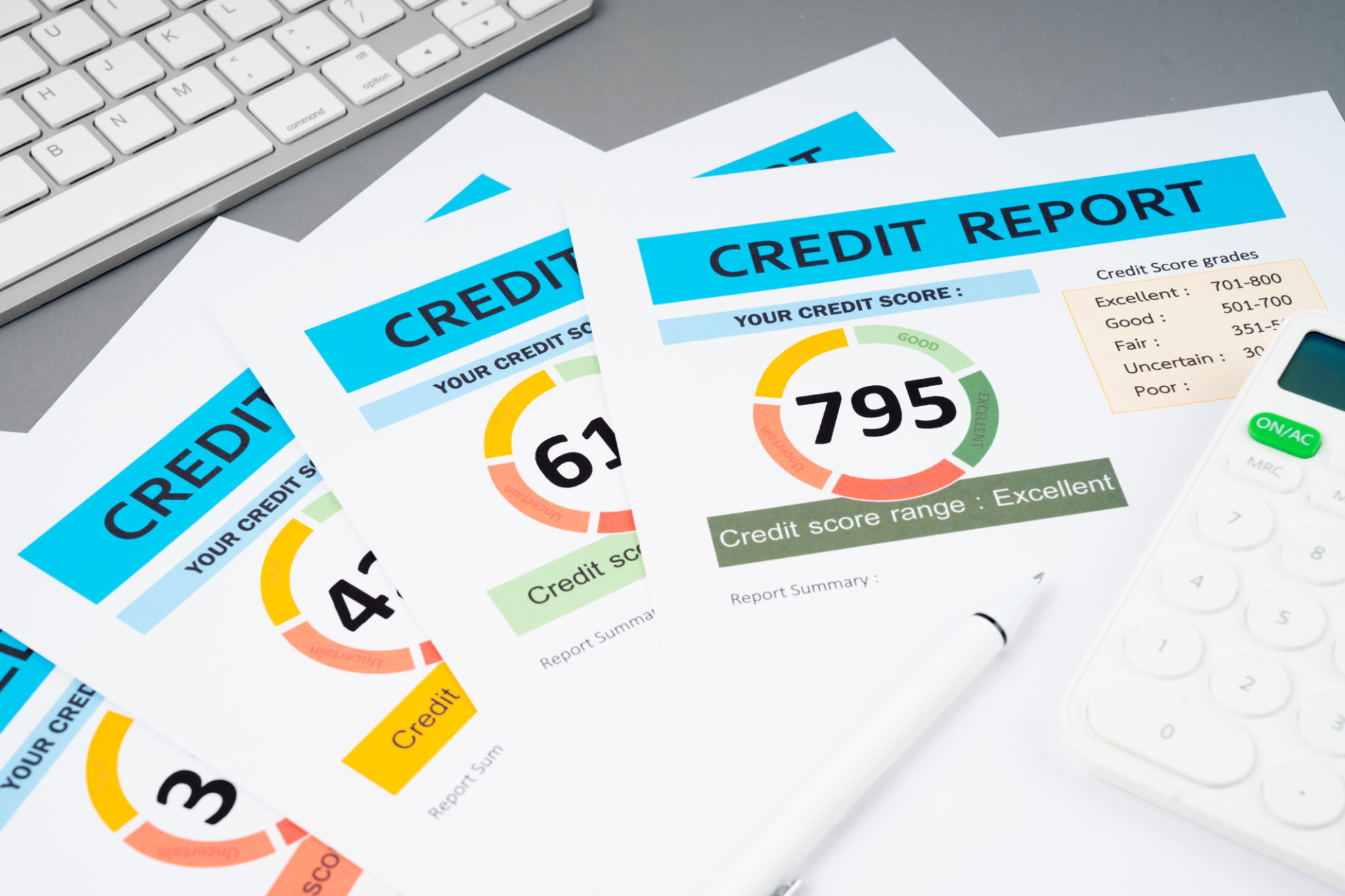How to Navigate Credit Repair: Tips from Leading Experts
Understanding Credit Repair
Credit repair involves improving your credit score by addressing errors and negative items on your credit report. It's a crucial step for those facing difficulties in securing loans, mortgages, or even favorable interest rates. Understanding the basics can empower you to make informed decisions and take control of your financial future.
Leading experts suggest starting with a comprehensive review of your credit reports from all major credit bureaus. This helps in identifying discrepancies or inaccuracies, which can negatively impact your score. Accuracy is key when it comes to credit reports, and even small errors can have significant consequences.

Dispute Inaccuracies
Once you've identified errors, the next step is to dispute them. This involves contacting the credit bureau and providing evidence to support your claim. Experts recommend keeping a detailed record of all communications and responses during this process. Patience is essential, as it may take some time for the bureaus to investigate and correct the errors.
If the dispute is resolved in your favor, the negative items will be removed or corrected, potentially boosting your credit score. However, if not, you have the right to add a statement to your credit report explaining your side of the story.
Pay Down Debt Strategically
Another critical aspect of credit repair is managing existing debt. Experts advise focusing on reducing high-interest debts first, as they can quickly spiral out of control. Creating a realistic budget can help prioritize debt payments while ensuring you meet other financial obligations.

Consider using the snowball or avalanche method for paying down debt. The snowball method involves paying off the smallest debts first to build momentum, while the avalanche method targets debts with the highest interest rates for long-term savings.
Build Positive Credit Habits
Establishing positive credit habits is fundamental in maintaining a healthy credit score. Make sure to pay bills on time, as payment history is a significant factor in credit scoring models. Setting up automatic payments or reminders can help ensure timely payments.
Additionally, keeping your credit card balances low relative to their limits can positively impact your score. Experts recommend utilizing no more than 30% of your available credit to maintain an optimal credit utilization ratio.

Seek Professional Help When Necessary
For those overwhelmed by the credit repair process, seeking professional assistance from a reputable credit repair company might be beneficial. These experts have experience navigating complex financial systems and can offer personalized strategies tailored to your situation.
However, it's crucial to research and choose a legitimate service. Be wary of companies promising quick fixes or guaranteed results, as legitimate credit repair takes time and effort.
Monitor Your Progress
Regularly monitoring your credit report and score is essential for tracking your progress. Many online tools and services offer free access to your credit score and report updates, helping you stay informed about any changes or improvements.
By consistently applying these strategies and staying informed, you can successfully navigate the path to better credit health and enjoy the financial opportunities that come with a strong credit profile.
